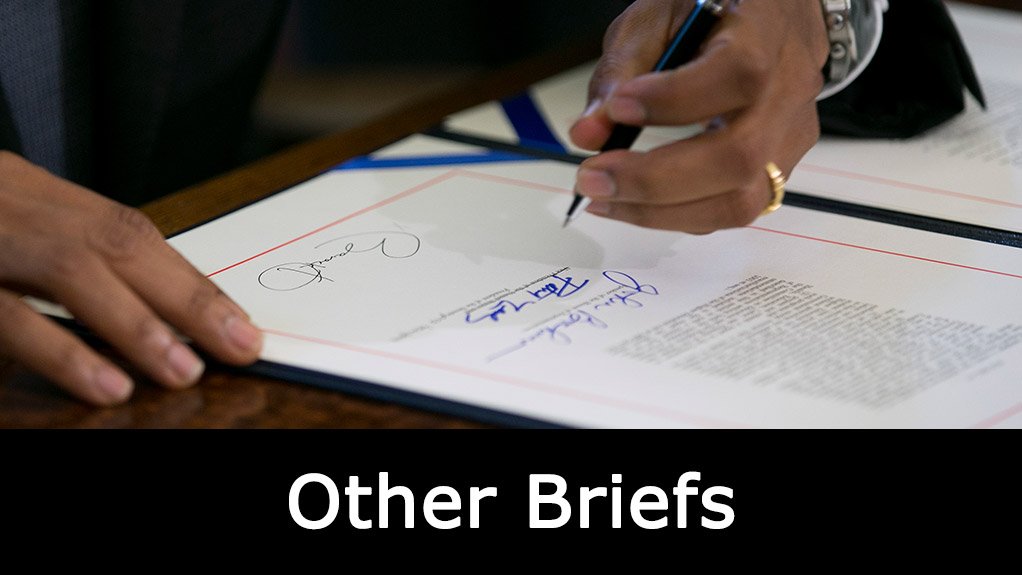A dispute in terms of section 24 of the Labour Relations Act (LRA) was referred to the Public Service Co-ordinating Bargaining Council (PSCBC). The matter specifically related to the interpretation and application of PSCBC Resolution 7 of 2000 which deals with capped leave.
The respondent raised a preliminary point, namely, the referral of the dispute was late and in the absence of condonation, the PSCBC has no jurisdiction to arbitrate the dispute. The respondent contended that the referral was submitted and served on 27 March 2023, whereas the dispute had originated on 10 October 2022.
The applicant, who referred the dispute after he had lodged a grievance, had followed the internal grievance procedure in terms of Safety and Security Sectoral Bargaining Council (SSSBC) Resolution 3 of 2005. The grievance was only finalised on 23 February 2023. According to the respondent, the courts pronounced that section 24 disputes must follow the provisions of section 191 of the LRA.
Citing HOSPERSA obo Tshambi v MEC of Health KZN (DA1/2015) [2016] ZALAC 10 [2016] 7 BLLR 649 (LAC), the respondent contended that the applicant should have referred the dispute within 90 days, which had already lapsed on 10 January 2023. The Labour Appeal Court (LAC) held that the absence of a prescribed timeframe within which to refer a section 24 dispute is not a license for the dispute to be referred unreasonably late, and that section 191(1)(b)(ii) is a yardstick to gauge the reasonable time within which a dispute should be referred.
The respondent submitted that the fact that the applicant had opted to first file an internal grievance does not change the date on which the dispute arose.
The respondent further referred to NTEU obo Mooketsi v CCMA and Others (JR1157/20 JHB (LC), where it was held that the CCMA’s jurisdictional powers to resolve disputes are not ousted by the possibility of subjecting the said disputes to some internal remedies. While the SAPS Grievance Procedure is incorporated into the collective agreement, it cannot be in conflict with the LRA. In cases of contradiction, the LRA must take precedence.
In light of the fact that the 90-day period had clearly already lapsed by the time that the internal grievance procedure was exhausted, the Council consequently lacked jurisdiction as the dispute was not referred within a “reasonable time”, in the respondent’s view.
In answering, the applicant argued that the case law relied on by the respondent has nothing to do with a section 24 dispute. Section 24 disputes have no timeframe, and the reliance by the respondent on section 191(1)(b)(ii) of the LRA, which deals with unfair labour practice, is wholly inadequate and insensible. Since NTEU obo Mooketsi dealt with an unfair labour practice relating to promotion it is not applicable to section 24 disputes.
The applicant had followed the SSSBC collective agreement Resolution 3 of 2005 (Grievance Procedure) to try and resolve his matter internally. Upon receipt of the mediation certificate of outcome, he filed his dispute for conciliation. Therefore, it cannot be said that the applicant did not act within a reasonable timeframe and did not pursue his case with the intent to resolve it as soon as possible.
In support of his argument, the applicant too cited a passage in HOSPERSA obo Tshambi, where the LAC held that
…in labour disputes, the provision of section 191 of the LRA is a more obvious yardstick to test what is a reasonable time for referral. The absence of a prescribed period does not automatically license a longer period than is the norm for other disputes to be referred. In labour disputes expedition is the watchword, not because that is simply a good idea but because the prejudice of delay in matters of employment often is not capable of remedial action. This applies to both the employer and employees. The appropriate enquiry is into the history of engagement between parties about the controversy, and the lapse of time since engagement to resolve the controversy ceased. Self-evidently, the ultimate decision on reasonableness must be fact specific.
Considering the history of engagement between the parties, the only reasonable inference would be that there is no need to apply for condonation as the applicant pursued his case within a reasonable timeframe. The applicant always acted promptly and although section 191(1)(b)(ii) of the LRA can be used as a yardstick, it is not the ultimate test for reasonableness.
According to the arbitrator, reasonableness must be judged on the objective facts. The objective facts indicate that the applicant had acted and addressed the matter in a timely manner when the dispute arose and referred it to the Council shortly after his engagement with the respondent ended. Consequently, the arbitrator found that the dispute was referred within a reasonable time and that condonation is not warranted.
It was held that the Council has jurisdiction to arbitrate the dispute.
Written by Nicolene Erasmus, Director at Labour Guide
EMAIL THIS ARTICLE SAVE THIS ARTICLE ARTICLE ENQUIRY
To subscribe email subscriptions@creamermedia.co.za or click here
To advertise email advertising@creamermedia.co.za or click here











